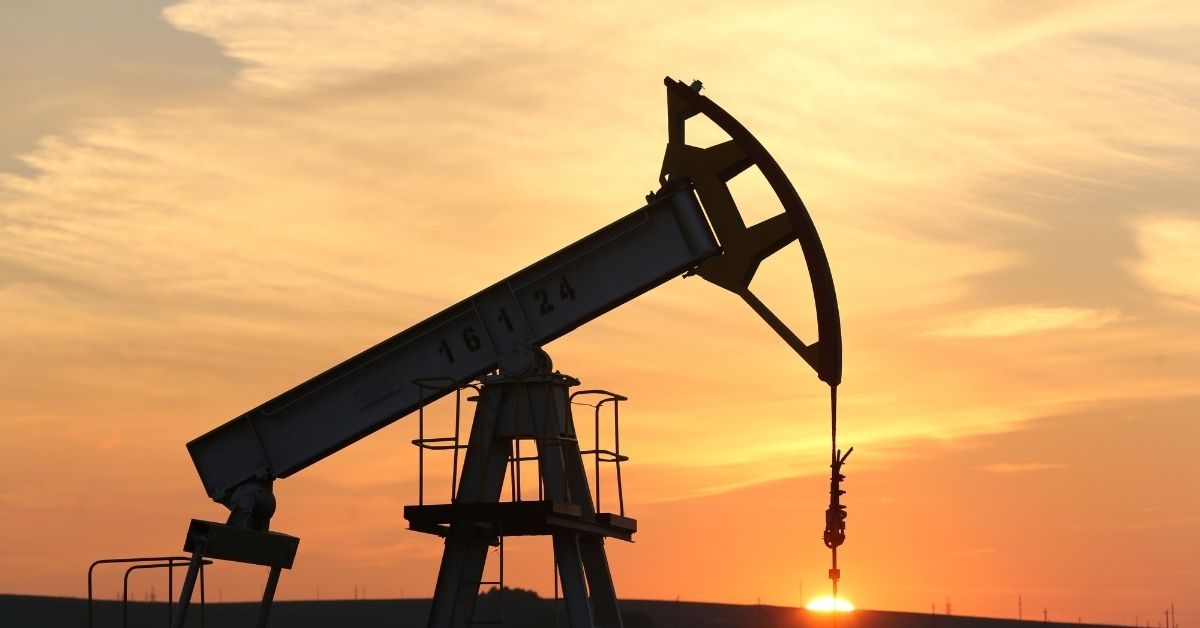India, which is keen on raising domestic output of oil and gas to cut dependence on energy imports, has trimmed compliance burdens for exploration and production (E&P) activities from the existing 37 types of requirements to 18 with 50% approvals needing self-certification, two officials familiar with the matter said on Monday.
The move is in line with the government’s ease of doing business policy, which aims at promoting Aatmanirbhar Bharat (Self-reliant India). The government is continuously making efforts to make E&P activities hassle-free as regulatory hurdles have been cited as one of the main reasons for lack of investors’ interest in Indian sedimentary basins, the government officials said requesting anonymity.
Nine of the 18 regulatory requirements—such as appointment of auditors and declaration of a commercial discovery – are acceptable on self-certification basis. Three others, such as work programme and budget, are deemed approved after 30 days of their submission, they said.
Now, only six processes would require regulatory approvals as per the production sharing contract (PSC), officials said. PSC is an agreement between an energy company and the government for exploring and producing oil and gas from a specific block. The six processes include extension of the PSC, sale of one’s interest in the block to other energy company, and audited accounts.
Domestic oil and gas production is on a decline, which is a major cause of worry especially when international oil prices are on the rise because of a supply squeeze by the producers’ cartel, officials said. According to the oil ministry’s datakeeper Petroleum Planning and Analysis Cell (PPAC), indigenous crude oil production is on a constant annual decline for the last nine years.
India’s domestic crude oil and condensate output, that was at 38.1 million tonnes in 2011-12, fell about 20% at 30.5 million tonnes in 2020-21. Condensates are hydrocarbons that are liquid at normal surface temperature and pressure. Indigenous crude oil and condensate production in the first two months of the current financial year was also 4.2% lower than the corresponding period last year.
India is largely dependent on imported crude to meet its fossil fuel requirements. It imports more than 80% crude oil it processes. In 2020-21 it had imported 198.1 million tonnes of crude worth $62.7 billion.
Source: Hindustan Times







